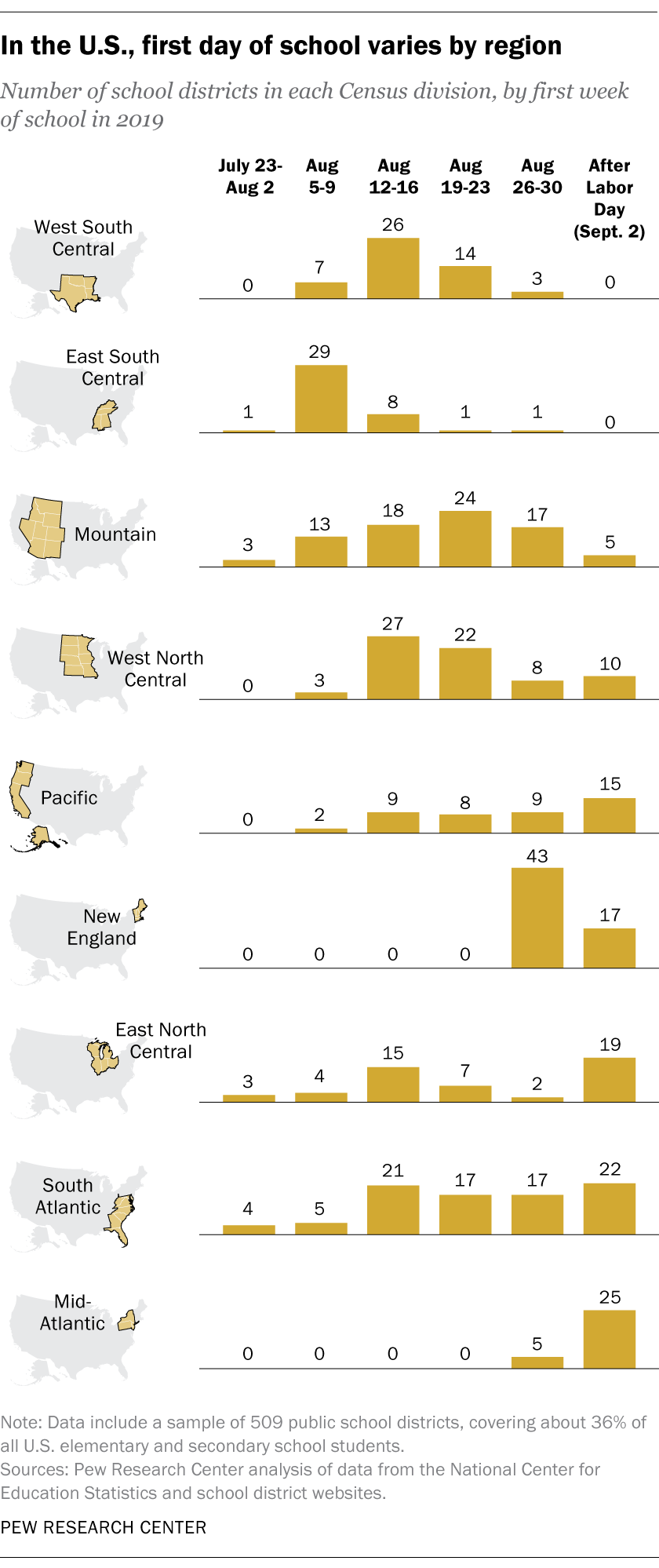One pro to homework is the study skills and good life habits learned from having homework. Studies show that having homework creates good study habits and life skills such as organization. Managing time and keeping all materials organized is one good thing that comes out of homework but some students struggle to do so.
 |
| Keough |
In my opinion, I don't see homework being helpful and there's too much of it. Students spend 7-8 hours at school everyday and then go home and do homework for 1 to 2 sometimes 3 hours every night. I have heard multiple conversations at my lunch table about my classmates pulling all nighters or staying up until 4am doing homework.
This isn't because of poor time management, it's because after school, kids are playing sports or participating in clubs and don't have lots of time for that much homework. I also don't see homework being useful because most of the time it's busy work that teachers don't go over in class.
Students are just trying to complete homework for the grade and not trying to learn. Most people in my grade just copy each other’s homework so it's completed for the teacher. Lots of teachers at my school also don't grade homework so therefore students won't do it or cheat. Homework isn't teaching good time management skills, it's giving students a lack of motivation and leads to academic dishonesty.
This isn't because of poor time management, it's because after school, kids are playing sports or participating in clubs and don't have lots of time for that much homework. I also don't see homework being useful because most of the time it's busy work that teachers don't go over in class.
Students are just trying to complete homework for the grade and not trying to learn. Most people in my grade just copy each other’s homework so it's completed for the teacher. Lots of teachers at my school also don't grade homework so therefore students won't do it or cheat. Homework isn't teaching good time management skills, it's giving students a lack of motivation and leads to academic dishonesty.
 |
| Westfall |
There is also a question of how much of the homework is completed by the student without cheating. Ninety percent of middle students and sixty-seven percent of high school students have admitted to copying another student's homework. Parents have also confessed completing their child’s homework for them as 43% of parents have done this (ProCon.org).
Too much homework also leads to stress. A study done in California showed that 43% of high students in California said homework was the main cause of their stress while 82% felt that they were often stressed as a result of homework (ProCon.org). High school students also admit that lots of homework has lead them to sleep deprivation and other health problems such as weight loss and lots of headaches.
There is evidence found that homework is detrimental to a student’s attitude about school, grades, self confidence, and social skills (Wallace). I know I don't have a good attitude towards school because I struggle to get out of bed every morning and snooze my alarm at least 5 times as a result of staying up late because of homework.
Too much homework also leads to stress. A study done in California showed that 43% of high students in California said homework was the main cause of their stress while 82% felt that they were often stressed as a result of homework (ProCon.org). High school students also admit that lots of homework has lead them to sleep deprivation and other health problems such as weight loss and lots of headaches.
There is evidence found that homework is detrimental to a student’s attitude about school, grades, self confidence, and social skills (Wallace). I know I don't have a good attitude towards school because I struggle to get out of bed every morning and snooze my alarm at least 5 times as a result of staying up late because of homework.
Homework may help with study habits and life skills but having too much leads to sleep deprivation, health issues, and lots of stress.
Works Cited
Keough, Kay. Stressed Student. 15 Dec. 2016. TeenLife, www.teenlife.com/blogs/10-best-ways-manage-stress. Accessed 13 Dec. 2019.
ProCon.org. "Is Homework Beneficial? - Top 3 Pros and Cons." ProCon.org, 27 Sept. 2018, www.procon.org/headline.php?headlineID=005411. Accessed 11 Dec. 2019.
Wallace, Kelly. "Kids Have Three Times Too Much Homework, Study Finds; What's the Cost?" CNN Health, 12 Aug. 2015, www.cnn.com/2015/08/12/health/homework-elementary-school-study/index.html. Accessed 11 Dec. 2019.
Westfall, Leah. Students Cheating. 21 June 2011. FastWeb, www.fastweb.com/student-news/articles/could-copying-homework-lead-to-a-course-failure-these-test-results-prove-the-answer-is-yes. Accessed 13 Dec. 2019.



